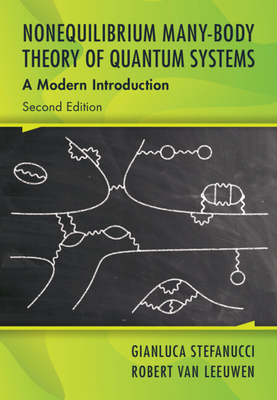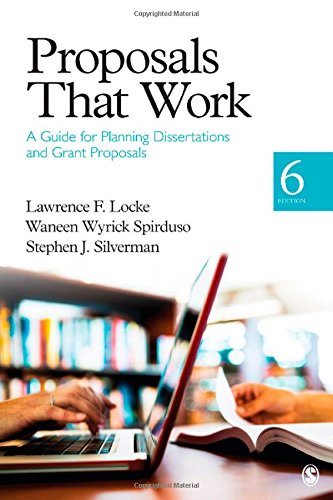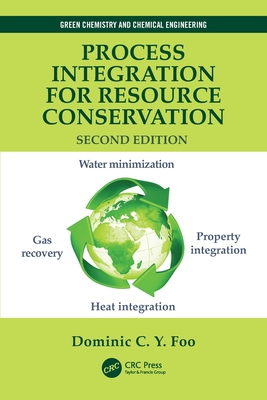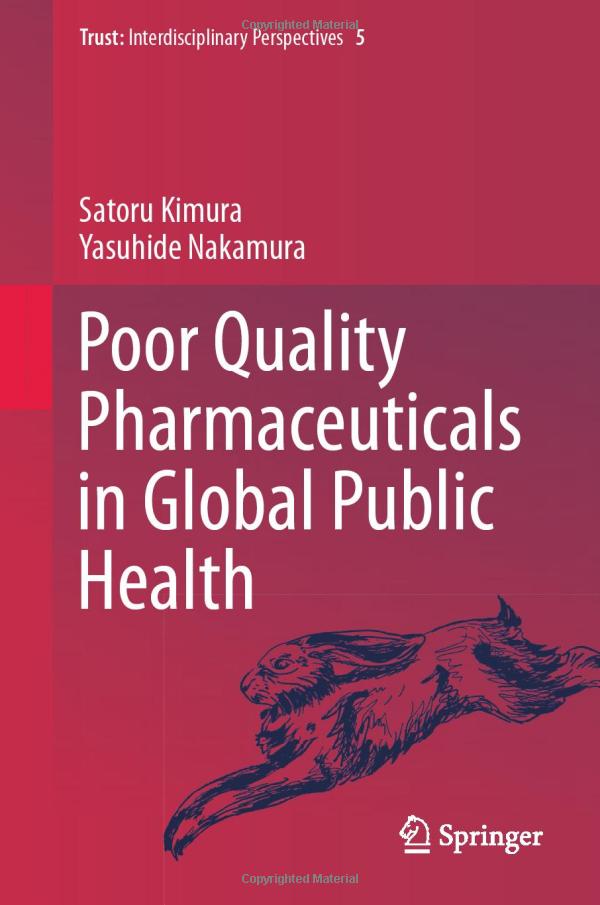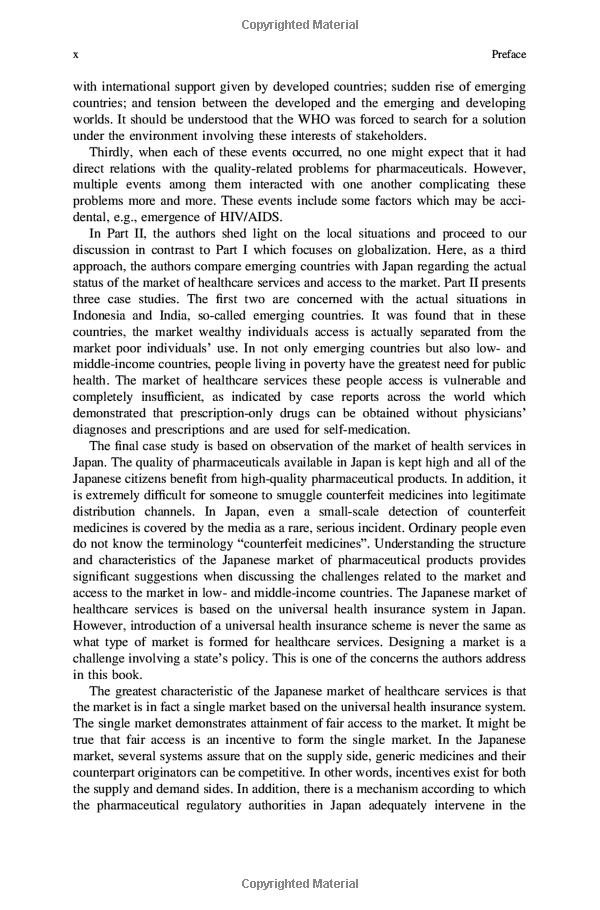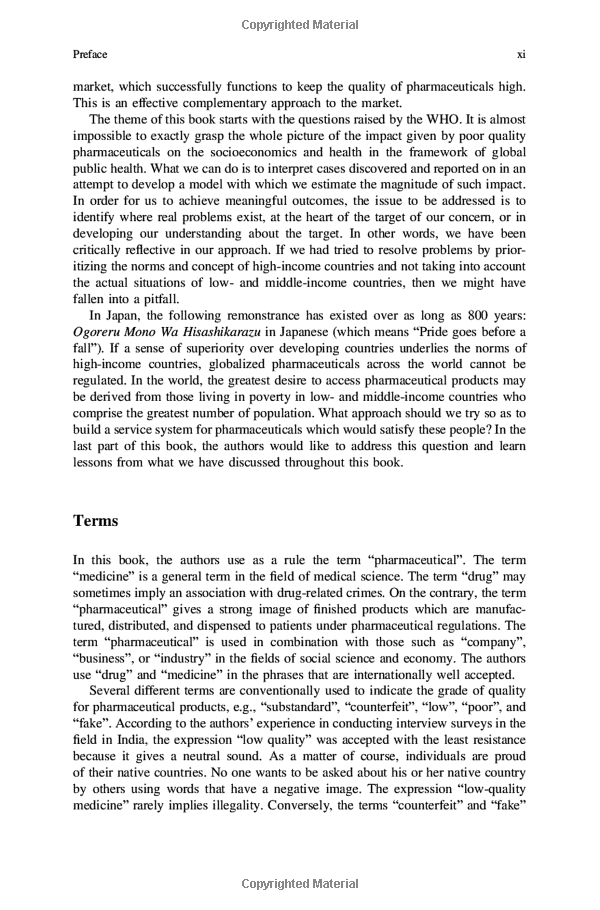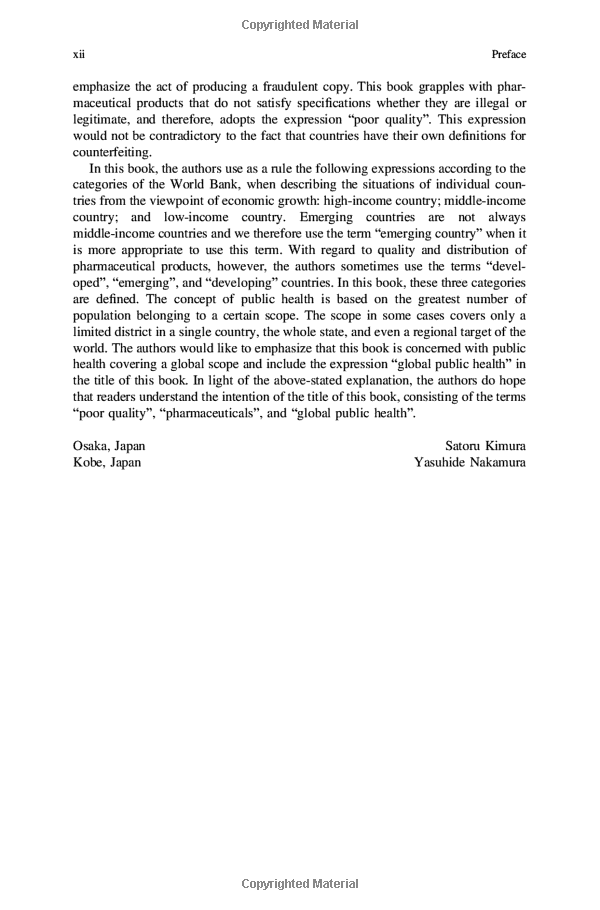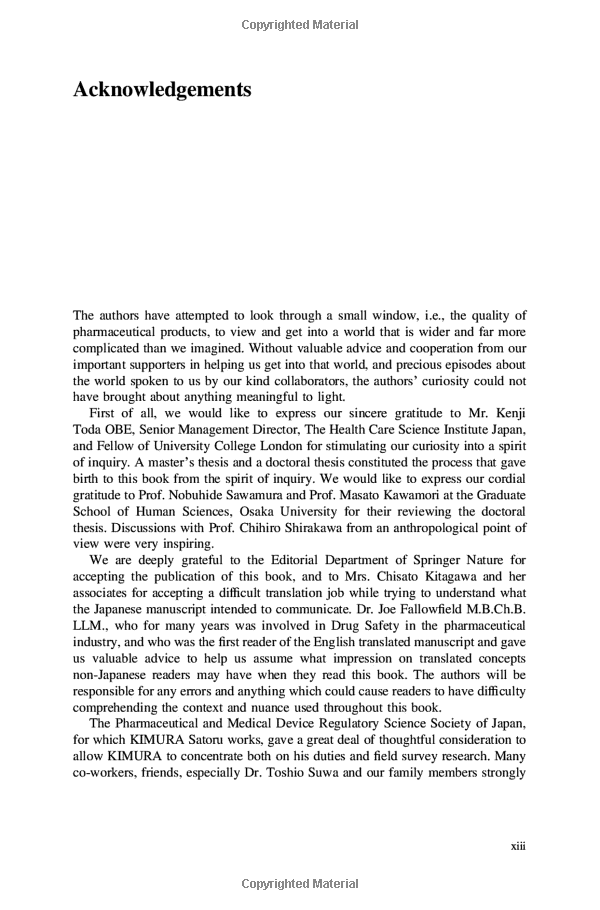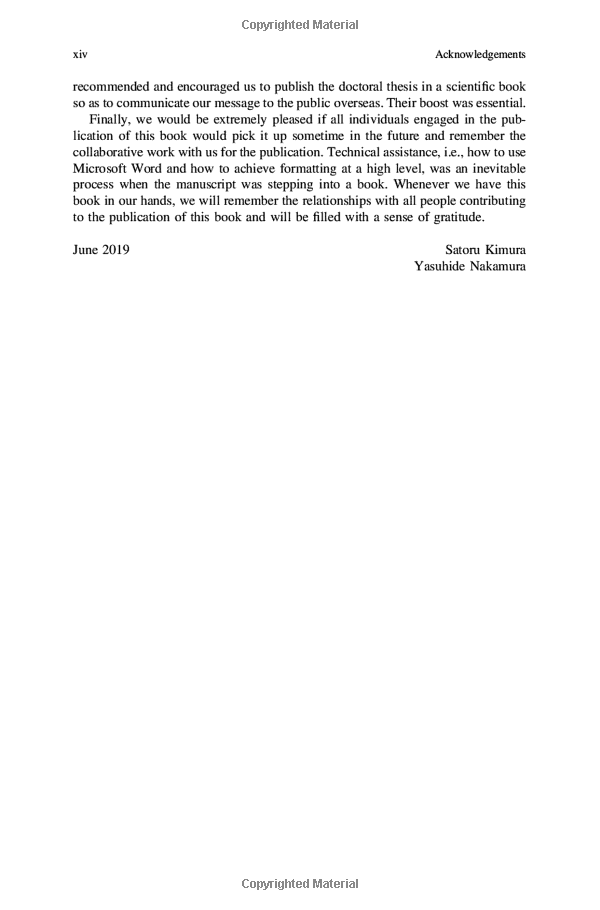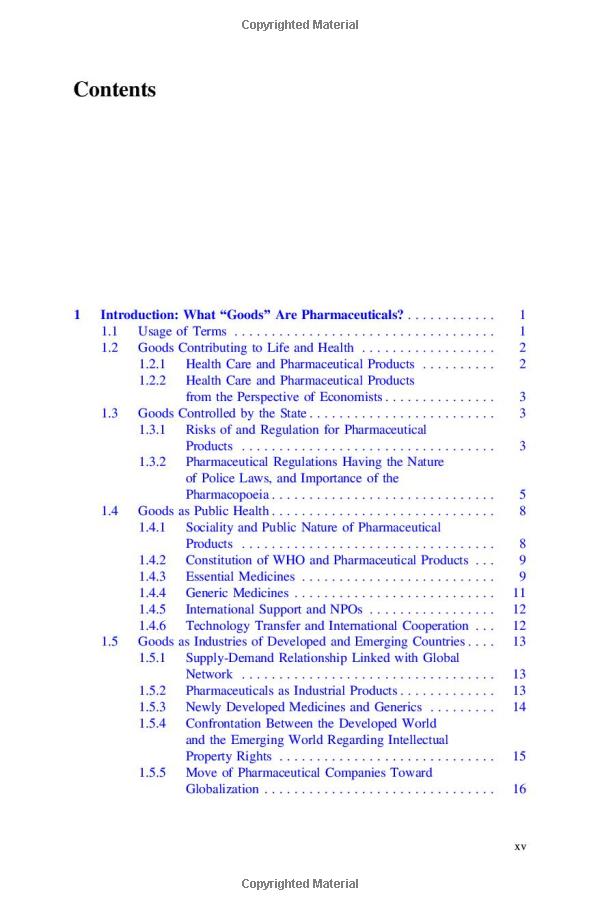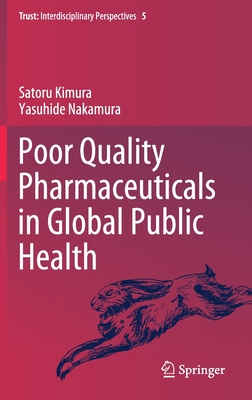
Poor Quality Pharmaceuticals in Global Public Health(Trust)
全球公共卫生中的劣质药品
营养学
¥
1951.25
售 价:
¥
1561.00
优惠
平台大促 低至8折优惠
发货周期:外国库房发货,通常付款后3-5周到货
出版时间
2020年02月29日
装 帧
精装
页 码
216
语 种
英文
综合评分
暂无评分
- 图书详情
- 目次
- 买家须知
- 书评(0)
- 权威书评(0)
图书简介
This book aims to clarify the global aspects of poor quality pharmaceuticals, generic products in particular, becoming complicated through the process of IMPACT (International Medical Products Anti-Counterfeiting Taskforce) organized by the initiative of the World Health Organization (WHO) in 2006. The findings from this book provide a long-term perspective to policymakers. This book discusses from the following points: industrial standardization, healthcare market accessibility, motivation on supply side, WHO medicines policy and intellectual property rights. Standardization regulates the quality and enabled the generic medicines spreading to developing/emerging countries through technology transfer. However, quality is a part of cost and reflected to price. When a healthcare service market is divided according to wealth gap, compliance to standardization for quality on supply side is divided accordingly. Thus, poor quality pharmaceuticals are prevalent worldwide. Generic pharmaceuticals are essential resources in public health. The WHO has been involved in the dispute around the intellectual property rights under its intention to promote the new drug development for neglected diseases. Global pandemic of AIDs is a critical factor to accelerate the confusion. This created feelings of distrust among developing/emerging countries against developed countries if the WHO was in favour of developed countries. In addition to that, an easy and optimistic start of IMPACT stirred up conflicts of interests in the international community. The problem of poor quality pharmaceuticals became more complicated through the conflicts on intellectual property rights; patented drugs to generic drugs. A key for quality generic products is the formation of a single healthcare service market where good motivation on supply side together with fair competitiveness with patented pharmaceuticals and equitable access to services (both for the rich and the poor) are ensured. Political commitment to investment and regulatory infrastructure for the market is crucial.
本书暂无推荐
本书暂无推荐
